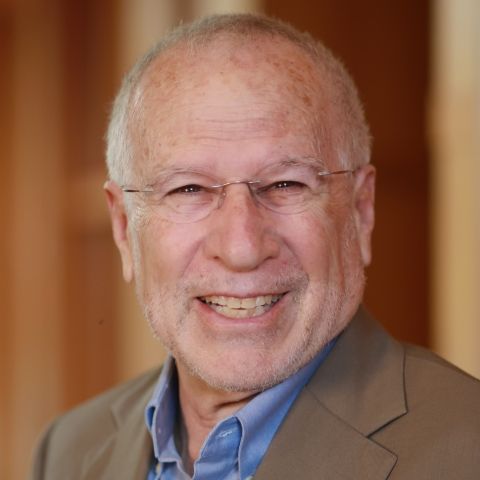
Social Epistemology, Holocaust Denial, and the Post-Millian Calculus
Current proposals, debates, and laws regarding prohibitions on Holocaust denial can be understand as a hate-speech focused instance of the pervasive question of the role of freedom of expression in increasing belief in truth and decreasing belief in falsity. John Stuart Mill’s well-known analysis in On Liberty is the starting point, but it should not be the ending point. Mill assumes a rational population that can identify truth when they see it, but these rationalist assumptions may not survive modern social insights to the contrary. More importantly, a more complete and post-Millian decision-theoretic analysis would consider not only the social harms that ensue from non-identification of truth, but also the countervailing harms that come from belief in falsity. As the example of Holocaust denial illustrates, allowing the propagation of what appears to be a false belief may produce benefits when what appears to be false turns out to be true, but may produce harms when what appears to be false genuinely is false. The varying approaches to Holocaust denial throughout the world expose different beliefs in different regimes about how these tradeoffs should be resolved.